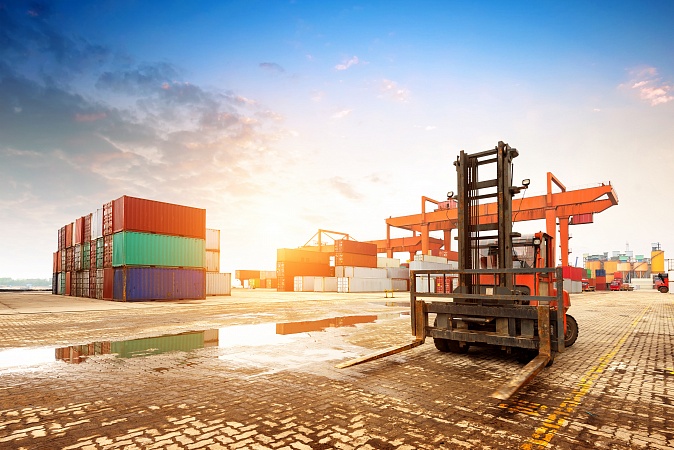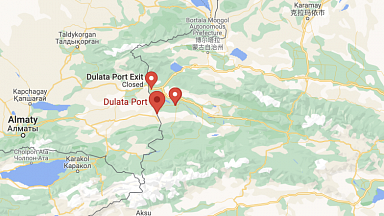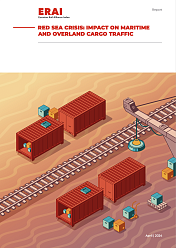Problems with reefers going into Tianjin’s port of Xingang due to coronavirus-related congestion have re-emerged.
Major lines including Mediterranean Shipping Co, CMA CGM, Ocean Network Express and Hapag-Lloyd have notified customers of the problem, with the former three companies also imposing congestion surcharges. MSC has stopped shipments outright while also warning that it might re-route some reefer boxes already underway.
«MSC, with a view to contributing to the de-congestion of the port, with immediate effect, and until new order, will not be able to ship reefer containers from any origin, destined to port of Xingang,» said MSC in an advisory note.
«The Covid 19 test procedures related to import reefer cargo are slowing down operations in the port of Xingang, where reefers remain lying on quay, occupying all available plugs,» said the line, elaborating on the current situation.
Warning that it could not secure the discharge of reefer containers at the designated port where a source of power may be not available, MSC said where it was not possible to discharge some, or all, reefer containers, it had no option but to discharge some at an intermediate, or alternative, port and hold them there until it was possible to forward them to the designated port of discharge.
Hapag-Lloyd said: «Due to the instruction issued by local authorities, all reefer shipments to Tianjin are required to complete an inspection and test for Covid 19 before release,» resulting in severe shortage of reefer plugs in the terminal and vessel berthing schedules being postponed.
With inbound operations and container pick-up activities severely impacted, Hapag-Lloyd said timely discharge of reefer containers in Tianjin was not possible and they have subsequently been diverted to alternative ports such as Qingdao, Dalian and other China ports or held at Busan in South Korea. «We anticipate that this situation, which is beyond Hapag-Lloyd’s control, will continue for the upcoming weeks,» the German line added.
MSC had previously imposed a congestion surcharge of $1,500 for reefers.
CMA CGM has imposed a surcharge of $1,250 and ONE has a charge of $1,300 for reefer containers going into Tianjin.
In February various carriers also imposed a surcharge on reefer boxes going into Shanghai and Tianjin as a shortage of trucks at the height of the Covid-19 outbreak caused difficulties in handling containers.
The latest congestion has been caused by China detecting coronavirus on the packaging of frozen food and ordering more stringent checks involving full testing and disinfection of these products. Imports have also been suspended from 99 suppliers from 20 countries according to the National Health Commission.




